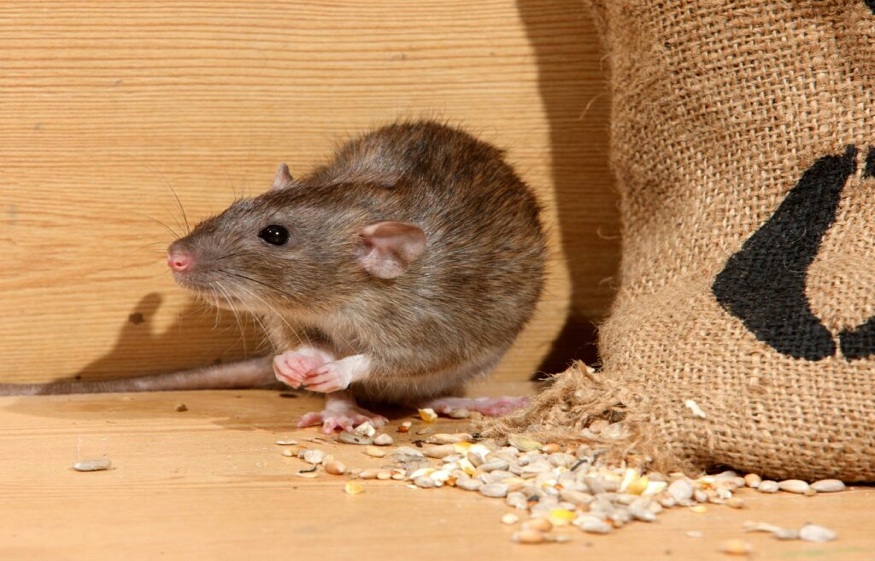
Nearly all homes in Colleyville, TX are susceptible to rodent infestations. Factors like home age and structure, climate, and personal habits can determine your home’s susceptibility to rat and mouse issues. Thankfully, there are steps you can take to prevent these rodents from establishing themselves inside your home. Preventing rats and mice from entering is easier than eliminating them. Pest control professionals at romneypestcontrol.com can offer you tailored solutions against rodents based on their species, behavior, and location.
Common Kinds of Rodents that Infest Homes
To effectively control rodent infestations, it is important to be aware of the various kinds found in the city and the things that attract them.
- Roof rats. These rodents prefer the higher portions of homes like attics, roofs, and upper walls. While they are small and skin, they can tear up insulation and chew through electrical wiring. Look for droppings or pay attention to skittering in the attic to identify them.
- Norway rats. These rats can be up to 17 inches long and reproduce up to five litters every year, with each litter containing up to 14 pups.
- House mice. These rodents depend on homes that have food source and warm areas where they can hide. They can create nests using soft scraps in the cupboard. They can reproduce litters with up to then pups.
Preventing Rodents from Entering Your House
A lot of rodents can squeeze their bodies through tiny holes. Thus, any gaps in the siding or your home, any chink in bricks, and any tube or pipe that enters your home through a hole can be entry points for rodents. Usually, rats and mice use gaps in window and door frames, pipes, gutters, and holes as entry points.
Prevention efforts should start with inspecting your home’s exterior to find tiny openings and seal them. Install mesh on the downspout of your gutters, so water can escape while preventing rodents from climbing in.
Then, check interiors like the hookups for washer and dryers, anywhere that wires and pipes enter your house, and the openings through which gas lines come through. Ensure the holes fit tightly around wires and pipes. Stuff steel wool in ill-fitting holes or gaps.
In addition, you should focus on making your home less attractive to rats and mice. This can be done by getting rid of their food sources. If you tend to leave out food or seal containers carelessly, fix these mistakes to prevent a rat issue. Also, take the trash regularly and ensure the trash cans have tight lids.
Keeping your house clean can also deter rats and mice. These rodents nest in shaded, cluttered areas, so declutter your spaces may deter them from sticking around. Vacuum your floors regularly and clean up crumbs and spills immediately. Consider sanitizing surfaces with products that contain peppermint oil or keep rodents at bay.
Overgrown vegetation in the yard must be trimmed to eliminate possible hiding spots for rodents. Tall grass and weeds can be ideal hiding areas for rats and mice. Keep your yard tidy to prevent these rodents from establishing themselves on your property.
Why Hire Licensed Professionals
Dealing with rodents yourself can be dangerous, as direct contact with them can expose you to the pathogens or diseases they may carry. Also, rats and mice can damage your property because of their gnawing and nesting habits. Using rodent poison puts you at risk of harming people or other animals, when not used correctly. Because of this, you should contact a licensed pest control professional if rodents have taken over your home. This professional has extensive training and experience dealing with different kinds of rodents. They can determine whether you have a rodent issue and address it safely and effectively.

